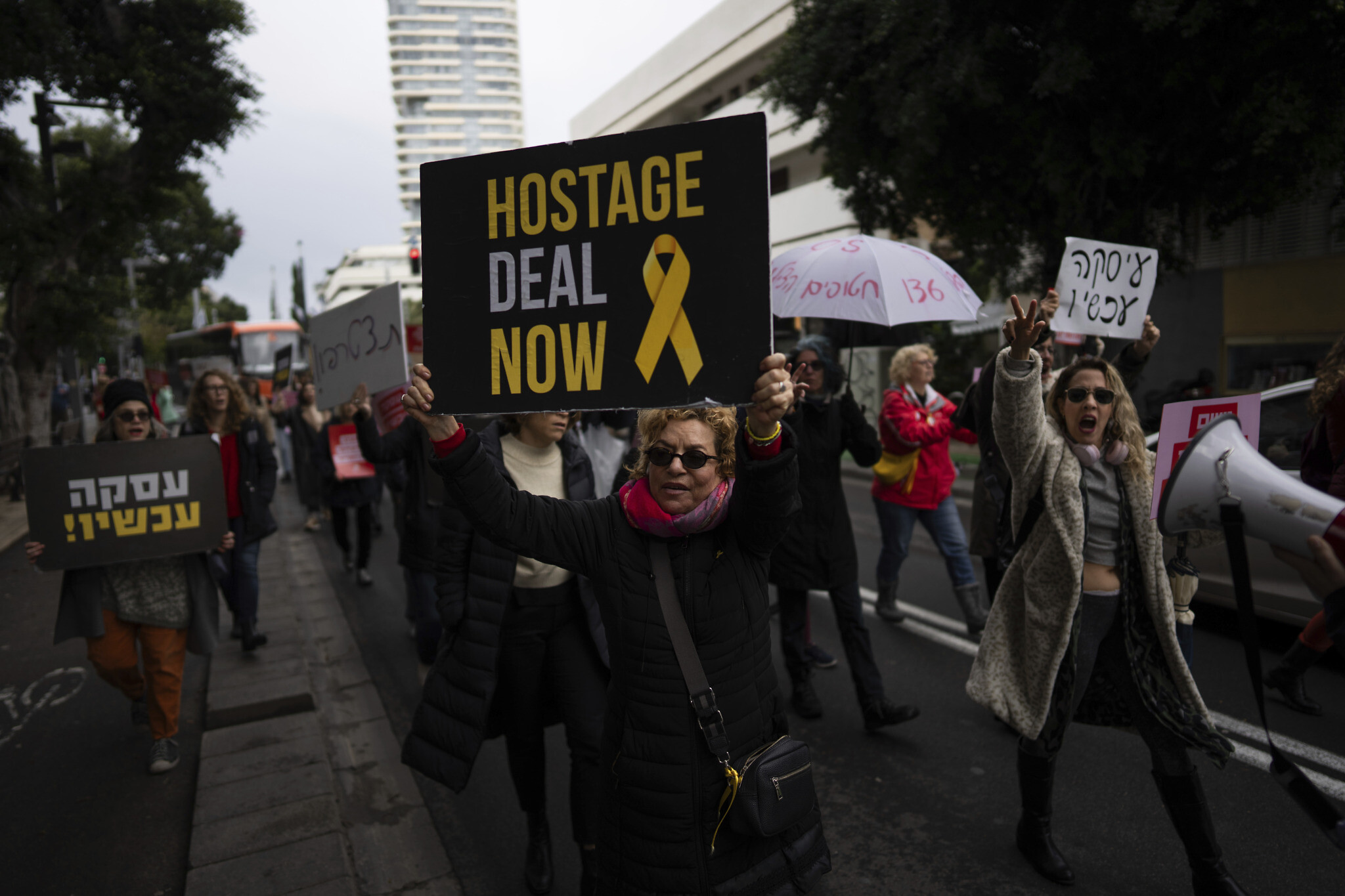Trump's Battle To Be On US President’s Ballot, 'Trump Versus Anderson' In The Us Supreme Court

PART III
DIG INFORMATION,GO ALL OUT. STICK TO
YOUR GUNS, BUT BE READY TO SETTLE.
Referring to defending Donald J. Trump in many cases Jay Goldberg writes, “You will notice in all my cases defending Donald’s business interests, and as you will see in many of my cases defending other clients, that we were able to win because of something I had dug up that no other attorney had even considered. This is where all of the reading I do and my firm grasp of the law come into play.When defending your client you should be working tirelessly for him or her. I wouldn't have won any of those cases for Donald if I hadn't kept fighting tooth and nail, turning over rocks that nobody else had thought to turn.You may not always win.I haven't always won.But it was never due to lack of effort.”
Thus Jay Goldberg obviously refers to a lawyer's own efforts to do research, find more information about your client’s case as well as his opponent’s case which may not be referred or specifically cited in the brief. Also Goldberg implies that tireless working always pays especially when it is coupled with a tooth and nail fight in the courtroom. In spite of all this you may not succeed but nevertheless you must make tireless efforts using all your legal knowledge.
In the chapter “Lynyrd Skynyrd and The Benefit of Settling”, Jay Goldberg tells that in 1988 a highly respected Entertainment lawyer referred to Goldberg an interesting case involving the musical group Lynyrd Skynyrd. The group had achieved great commercial success in 1970s. In 1977 group’s plane crashed and killed many members of group. In 1987, the surviving members of the group decided they wanted to reunite to tour and produce a live album using the name Lynyrd Skynyrd.They produced an album called Lynyrd Skynyrd live. Then the wife of one of the leading members of the group who was killed during the crash objected and moved for preliminary injunction to stop the band from performing and stop the marketing of the album. Injunction came to be granted and the judge set a trial date. Everybody was anxious to end the dispute. Jay Goldberg writes, “This case shows how important it is for a lawyer to always consider the interest of the parties involved above all else.Trial fees are so very costly that, in a vast majority of cases ,justice is best accomplished by putting the parties in a room, virtually locking the doors, and letting them out until a settlement is affected.”
Thus sometimes it is in the interests of clients to mediate and settle the matter rather than go ahead with litigation. A lawyer must shed the image that it is he who wants the party to litigate. Avoiding litigation is always in the interests of both parties although even in a good settlement, neither party is fully satisfied. Ultimately it is the interests of your client which is paramount and in case you could get his due without resorting to litigation that would be serving his interests.
In the chapter, “Saving The New York Daily News”, Jay Goldberg comes up with his story as to how he saved The Daily News from closing down. In 1999 Fred Drasner, co-publisher of The Daily News, at the recommendation of Donald Trump called Jay Goldberg. Fred Drasner after graduating from law school drove taxi for many years, and yet, he became a billionaire at fifty-five years of age. Drasner wanted to meet Goldberg because The Daily News had posted closing notices due to an arbitrator’s award that was upheld by a federal judge. This award would have cost The Daily News not just tens of millions of dollars, but the life of of the paper, which would be forced into bankruptcy. According to Goldberg, Mort Zukerman and Fred Drasner reluctantly decided to shut down rather than pay the enormous sums required to be paid as per the arbitrator’s award. The eighty year old paper was going to die. Goldberg advised Drasner, “You may think there is no hope, but based on what you are telling me, I think we can have this judgement dismissed, or at least reduced considerably”. Drasner was intrigued and wanted Goldberg to run this idea by Mort Zukerman’s attorney, a partner in the prestigious law firm. When goldberg spoke to this attorney, he retorted saying, “its a horrible idea.No way will a judge ever consider that”, talking down to Goldberg as if he was a second-rate lawyer. According to Goldberg the attorney, no doubt, thought he was just going for a money grab from a billionaire, that Goldberg knew he will lose the case but still get paid. The attorney obviously had not done his homework on Goldberg.Goldberg says, “I never took a case I didn't think I could win. It didn't mean I would always win, but I sure as hell was going to fight to the death for my client with what I felt was a sound defense”.
Drasner, ignoring his partner’s attorney, told Goldberg to go for it, so he did. Goldberg brought a motion to vacate the award on the grounds that the arbitrator had disregarded critical evidence as to the ability of The Daily News to financially survive the award that was issued. On the day set for argument, it was discovered that that the union representative and their lawyer had met ex-parte ( with regard to interests of one side only) with the arbitrator regarding the ability of The Daily News to pay the award. The court was of the view that the ex-parte meeting was improper, as it showed a particular access to the arbitrator not shared by The Daily News. The court was also of the view that that the arbitrator had not considered the effect of his ruling would have on the news paper. It was the confluence of these factors that led to vacate the award. Following the decision, the parties met and agreed to a settlement, which satisfied the workers while permitting the paper to remain alive.
The morale of the story is : After spending considerable time on your case, if you believe that your client has fair chances of succeeding then whosoever tells you to abandon to face the court, a lawyer must pursue the client to go ahead and fight it out in the courtroom. Sometimes fighting out in a courtroom also paves way for a settlement which at the first instance seems remote and even impossible.
Writer, Rajiv Chavan, is Senior Advocate & Former President, Advocates' Association of Western India (2013-2015,2015-2018)


































